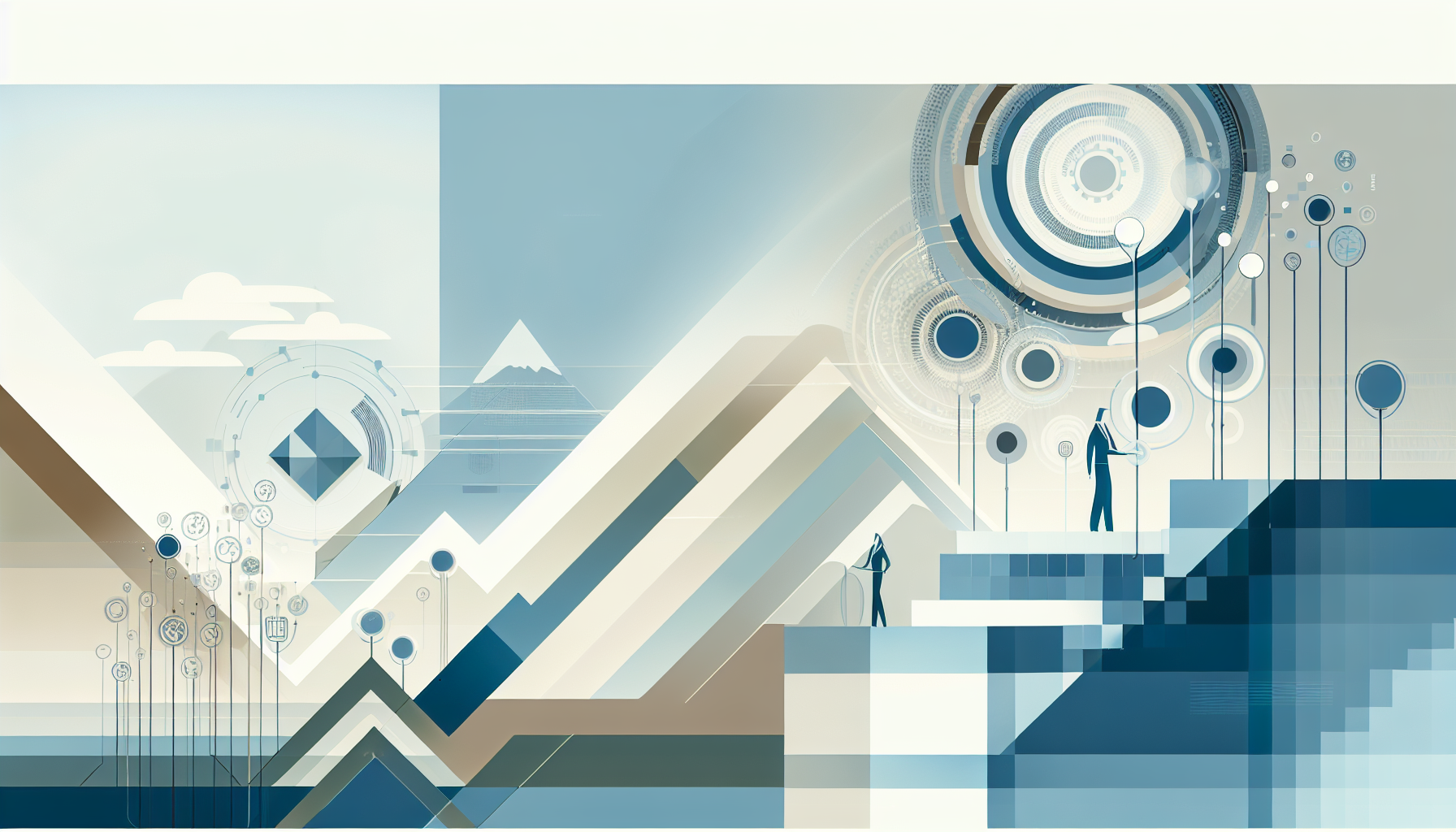What You Didn’t Know About Being a Nuclear Pharmacy Technician

The Unexpected Role of a Nuclear Pharmacy Technician
Picture this: you’re at your local hospital pharmacy, waiting for your prescription. The air is filled with the faint scent of antiseptic and the busy sounds of pharmacists collaborating over patient care. You probably don’t realize that just behind the scenes, a specialized team works with radioactive materials to help diagnose and treat illnesses. This is where nuclear pharmacy technicians step into the spotlight.
Now, you might be thinking, “What even is a nuclear pharmacy technician?” In essence, they’re the unsung heroes of the nuclear medicine field. They prepare and dispense radiopharmaceuticals that help in diagnostic imaging and treatment. It's a niche but critical role that combines pharmacy expertise with the fascinating world of nuclear science.
Getting to Know the Basics
Here's the thing: being a nuclear pharmacy technician isn't just about handling radioactive materials; it’s about understanding the intricate dance between science, safety, and patient care. Imagine preparing a radiopharmaceutical that a physician will use to evaluate a patient’s heart function or detect cancer. The stakes are high, and attention to detail is paramount.
In my experience, many people don’t realize how much training goes into this role. Nuclear pharmacy technicians often need certification and specialized education. They might start as pharmacy technicians and then receive additional training focused on the safe handling and preparation of radiopharmaceuticals. It’s a world where precision and safety are not just important—they're everything.
Daily Life in a Nuclear Pharmacy
So, what does a typical day look like? Well, it starts pretty early. Most nuclear pharmacy technicians begin their shifts in the early hours to prepare for the day’s orders. They check their inventory of isotopes, ensuring everything is stored correctly and that they comply with safety regulations. After all, handling radioactive materials isn’t something you take lightly.
Once the day’s orders are in, these technicians begin compounding radiopharmaceuticals. This involves meticulous calculations and precise measurements. A tiny mistake could lead to serious consequences, and I’ve seen firsthand how accountability in this role fosters a strong team culture. Everyone knows the importance of their work—not just for the patients, but for each other’s safety.
What Sets Them Apart
On the flip side, being a nuclear pharmacy technician can come with unique challenges. For one, they often work closely with doctors and other medical staff, which requires strong communication skills. They need to convey complex information clearly and efficiently, especially when discussing the effects or side effects of certain isotopes.
But wait, there’s more to it. In a world that’s constantly evolving, nuclear pharmacy technicians must stay updated on new technologies and advancements in radiopharmaceuticals. For instance, the introduction of PET scans has changed the landscape of diagnostic imaging, and technicians must adapt to these changes swiftly. It's a role that thrives on continuous learning and adaptability.
The Why Behind the Job
Here’s a surprising insight: many in this field find their work deeply rewarding, despite the rigorous demands. Why? Because they play an essential role in patient outcomes. Whether it's a cancer diagnosis or assessing heart function, their work directly impacts lives. When a patient receives a diagnosis that leads to timely treatment, it’s a win not just for the medical team but for everyone involved.
In this field, the blend of science and humanity is palpable. I've seen technicians share stories of patients whose lives they’ve touched through their work. They become advocates for safe practices and efficient procedures, ensuring that every radiopharmaceutical is prepared with care. It’s about more than just the medications; it’s about the ripple effects they create in people’s lives.
Ready to Dive In?
If you’re considering a career as a nuclear pharmacy technician, know that it requires a mix of technical skill, interpersonal finesse, and a commitment to safety. It’s not for everyone, but for those with a passion for both science and patient care, it can be incredibly fulfilling. You’ll need to seek out accredited programs and get certified, but the journey can be worth it.
And if you’re currently in the pharmacy world looking for a change, perhaps this niche area is worth exploring. It’s a path that’s not just about working with chemicals; it’s about making a difference. So, if you think you can handle the responsibility—and the occasional radioactivity—this might just be the career for you.
Reflect on this: what role do you want to play in the healthcare system? If it’s one that combines science, safety, and a significant impact on patients’ lives, maybe it’s time to explore the fascinating world of nuclear pharmacy.
Tags:
Blog System
Content Author


